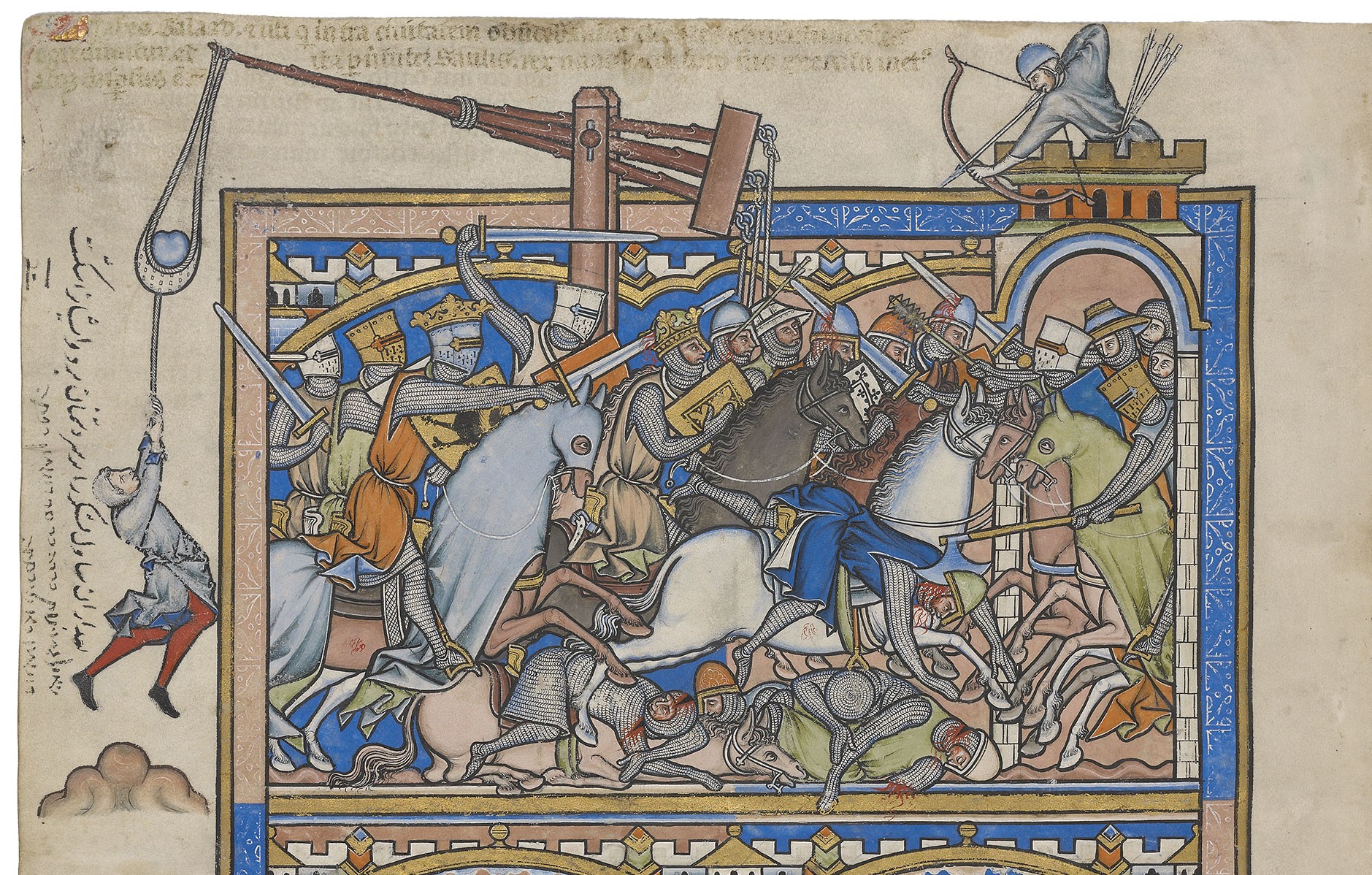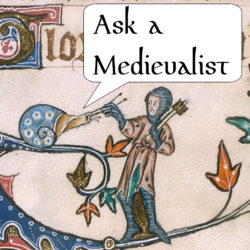Summary
A lot of stuff about Richards II and III for a podcast that’s supposed to be about queens. Also Mathildas, Boudica, and why Black Panther is more historically accurate than Wonder Woman.
Notes
1/ Richard III’s body was eventually found under a car park. I swear we talked about this at some point.
“Was ever woman in this humor woo’d?” Richard III, act I, scene 2
Okay, in reality my husband usually plays one of the murderers, but explaining the other characters is a lot of work so I changed the story. Don’t tell him, he doesn’t listen to the podcast so he’ll never know.
2/ Stichomythia: https://en.wikipedia.org/wiki/Stichomythia
3/ Richard II has the speech that goes,
No matter where; of comfort no man speak:
Let’s talk of graves, of worms, and epitaphs;
Make dust our paper and with rainy eyes
Write sorrow on the bosom of the earth,
Let’s choose executors and talk of wills:
And yet not so, for what can we bequeath
Save our deposed bodies to the ground?
Our lands, our lives and all are Bolingbroke’s,
And nothing can we call our own but death
And that small model of the barren earth
Which serves as paste and cover to our bones.
For God’s sake, let us sit upon the ground
And tell sad stories of the death of kings…
If you love language, go read it. [Love, love, love.–JN]
4/ We’ve talked about The King’s Horseman before… (See episode 20, note 9.)
The Invention of Love by Tom Stoppard is about poet/classicist AE Housman and Latin translations. Super funny and brilliant, as one would expect from Stoppard.
5/ I think we quoted the Tony Kushner speech when we last discussed the Bayeux Tapestry. However I don’t know if that episode is live yet? These ones jumped the queue. (For more on the Bayeux Tapestry, see episode 54 note 15.)
He says there’s a Prior Walter stitched into the Bayeux tapestry.
………………………………
The Bayeux tapestry. Embroidered by La Reine Mathilde.
………………………………
Mathilde stitched while William the Conqueror was off to war. She was capable of . . . more than loyalty. Devotion.
She waited for him, she stitched for years. And if he had come back broken and defeated from war, she would have loved him even more. And if he had returned mutilated, ugly, full of infection and horror, she would still have loved him; fed by pity, by a sharing of pain, she would love him even more, and even more, and she would never, never have prayed to God, please let him die if he can’t return to me whole and healthy and able to live a normal life . . . If he had died, she would have buried her heart with him.
–Louis in Angels in America Pt 1: Millennium Approaches Act 2, scene 3
6/ English rulers before William I: See episodes 53 (England Before the Norman Invasion) and 54 (More England, More Normans).
7/ Henry V has a lot of speeches about France.
Example:
Now are we well resolved; and, by God’s help,
And yours, the noble sinews of our power,
France being ours, we’ll bend it to our awe,
Or break it all to pieces: or there we’ll sit,
Ruling in large and ample empery
O’er France and all her almost kingly dukedoms,
Or lay these bones in an unworthy urn,
Tombless, with no remembrance over them:
Either our history shall with full mouth
Speak freely of our acts, or else our grave,
Like Turkish mute, shall have a tongueless mouth,
Not worshipp’d with a waxen epitaph.
8/ Henry/Heinrich V, Holy Roman Emperor: https://en.wikipedia.org/wiki/Henry_V,_Holy_Roman_Emperor
Henry/Heinrich literally means “ruler of the house,” so there are a lot of kings with that name. There was also a Henry/Henri V of France, but he only ruled for about five days when he was ten, and then spent the rest of his life trying to get back on the throne. This was during that awkward period in France that lasted from about 1815 to 1870ish when there were a couple of revolutions, different constitutions, Napoleons on and off the throne, kings coming and going…
9/ All of this is very confusing, but Stephen’s wife Matilda was also a descendent of the house of Wessex, so even if his line had remained on the throne the English monarchy would still have been descendents of the house of Wessex.
10/ St Pancras Old Church https://stpancrasoldchurch.posp.co.uk/ Nowadays they call themselves Anglo–Catholic. The church building is one of the oldest in London (maybe in England?), and there are not entirely implausible claims that there was worship on the site going back to the 300s. The churchyard is also mentioned in Dickens (in The Tale of Two Cities) as a place to go body snatching (or “fishing”). More recently, in 1968, the Beatles were photographed there.
The Hardy Tree: https://en.wikipedia.org/wiki/Thomas_Hardy#/media/File:2780theHardyTreeOldStPancrasChurchyard.jpg
11/ Boudica / Boadicea: https://en.wikipedia.org/wiki/Boudica
12/ Tacitus (c. 56–120CE) https://en.wikipedia.org/wiki/Tacitus
On Boudica: https://warwick.ac.uk/fac/arts/classics/warwickclassicsnetwork/romancoventry/resources/boudica/sources/tacitus/
13/ Cassius Dio (c.155–c.235) https://en.wikipedia.org/wiki/Cassius_Dio
On Boudica: https://warwick.ac.uk/fac/arts/classics/warwickclassicsnetwork/romancoventry/resources/boudica/sources/cassiusdio/
14/ Torc: https://en.wikipedia.org/wiki/Torc
15/ Jesse: I should clarify that the problem with the movie’s ahistorical nature is the fact that the Dahomey were major participants in the slave trade. (There were several African nations who were major participants in the slave trade–i.e., they were enslavers who captured and sold people from other tribes to European slavers.) The arguments about The Woman King focus on the fact that the movie glorifies the Dahomey women warriors without acknowledging their complicity in the slave trade. Although Western movies unfortunately gloss over such complexities all the time, the criticism argues that a movie created by an African American team (led and fronted by an amazing African American woman, Viola Davis) has a greater responsibility not to ignore the complexities of history. I hadn’t seen the movie or read the criticism yet when we discussed it on the podcast!
Podcast: Play in new window | Download

